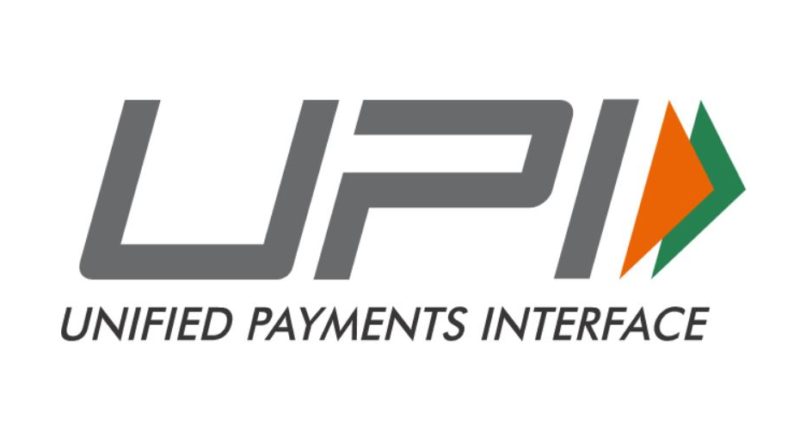UPI has revolutionized the payments industry in India and has enabled people to make transactions in a much simpler and faster way. In fact, UPI and processes over 3 billion transactions each month. Recently, its Autopay technology was accepted by streaming service majors Netflix and Hotstar, showing the promise of the technology. Today, UPI marks another chapter in its history, as the Reserve Bank of India (RBI) and the Monetary Authority of Singapore (MAS) have joined forces to enable instant, low-cost fund transfers and link their fast payment systems – India’s UPI and Singapore’s PayNow.
According to the RBI, the linked interface is expected to be operational by July 2022, allowing users from both countries to make low-cost, instant transfers of funds on a reciprocal basis without resorting to other payment systems.
“When implemented, fund transfers can be made from India to Singapore using mobile phone numbers, and from Singapore to India using UPI virtual payment addresses (VPA). The experience of making a PayNow transfer to a UPI VPA will be similar to that of a domestic transfer to a PayNow VPA,” the MAS said.
PayNow is to Singapore what UPI is to India – both allow users to transfer funds and make payments instantly to a payee. While UPI uses the user’s Virtual Payment Address (VPA), PayNow uses their mobile number or NRIC/FIN or UEN number instead of their bank account number and supports nine participating banks and three Non-Bank Financial Institutions (NFIs).
Since UPI supports both Person to Person (P2P) and Person to Merchant (P2M) payments, it can be expected that the combined result will do so as well. The RBI described this as a significant milestone in the development of infrastructure for cross-border payments between the two countries and is also in line with G20’s financial inclusion priorities of driving faster, cheaper, and more transparent cross-border payments.
Considering the fact that over $500 billion is paid in cross-border remittances annually, this linkage will be welcome news as it has the potential to solve the problems in this sector.
“The linkage builds upon the earlier efforts of NPCI International Private Ltd (NIPL) and Network for Electronic Transfers (NETS) to foster cross-border interoperability of payments using cards and QR codes, between India and Singapore and will further anchor trade, travel, and remittance flows between the two countries,” the RBI said, adding that it was also in line with its vision of reviewing corridors and charges for inbound cross-border remittances outlined in the Payment Systems Vision Document 2019-21.”
The Tech Portal is published by Blue Box Media Private Limited. Our investors have no influence over our reporting. Read our full Ownership and Funding Disclosure →






